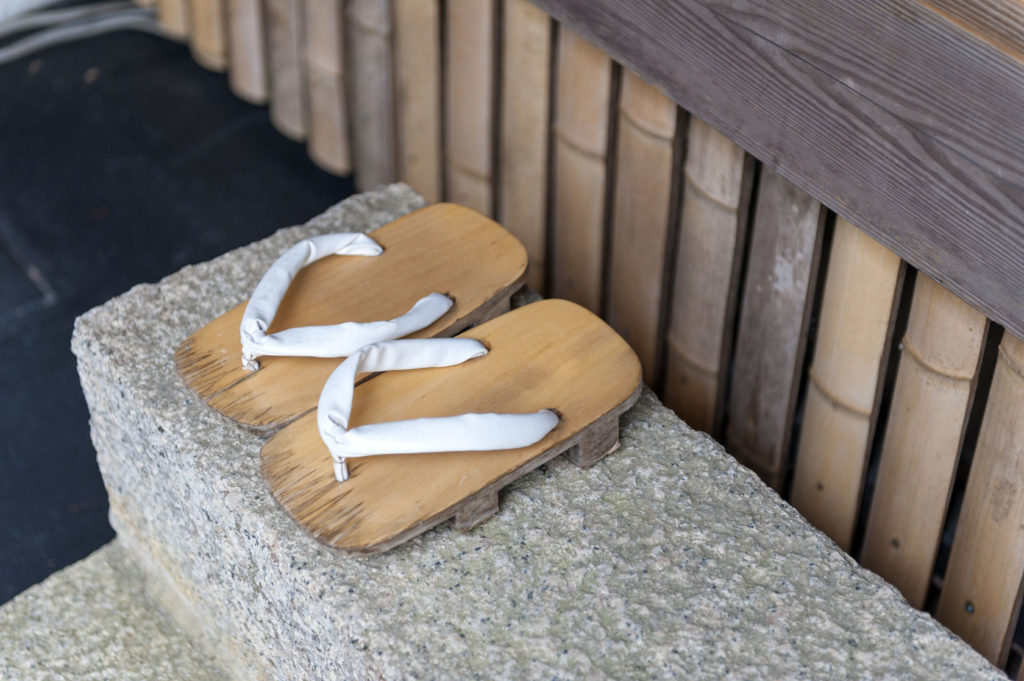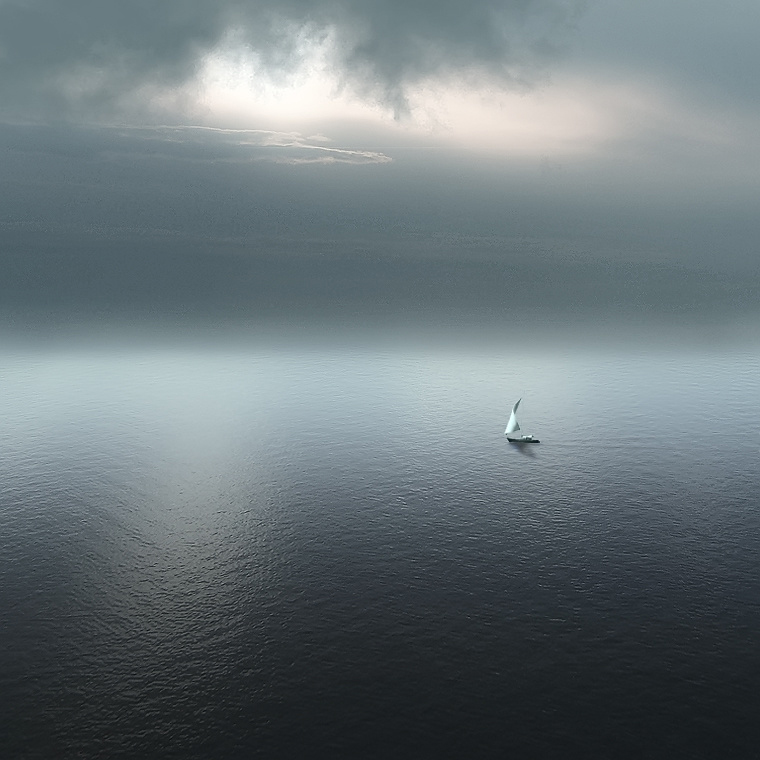Years ago after Hand Wash Cold came out, I traveled around to people’s homes and gave talks about the book. I called it my Kitchen Table Tour. Folks all over the country were kind enough to host me for a gathering of their friends and sometimes even let me, a complete stranger, spend the night.
I visited a home in Silicon Valley where I gave a short reading and then took questions. One guest quickly raised her hand. I noticed that she’d brought her own copy of the book, which was plastered with sticky notes. She’d done her homework. There was a particular passage that provoked her question. It was the part about how my husband loads the dishwasher differently than I do, and that the way I’d dealt with his unorthodoxy was to just re-wash the dishes, if they needed it, in the morning. Specifically what I’d written was this:
The miracle does not occur in the machine. The miracle does not occur in the second wash. The miracle occurs when I don’t say a word about it.
Why couldn’t I just teach my husband how to load the dishwasher correctly? she asked, adding that she had two sons and she fully intended to raise them knowing the right way to load the dishwasher.
I can understand that way of thinking. We want people to do things the right way, which is often our way, so they will be coequal to household tasks and other critical competencies. Why would we waste the opportunity to produce better, smarter people? It makes perfect sense, so I knew my answer wouldn’t satisfy her.
Because I already know how to end a marriage, and I need to learn how to keep one.
I think about this episode when I see someone write about what they are raising their children “to be.” Aren’t we all raising our children to be something better? You bet. It’s a fill-in-the-blank kind of thing. We might be trying to raise children to be kind, honest, self-reliant, or emotionally resilient. A loyal friend, a compassionate listener, a good citizen. Raising sons to respect women or raising daughters to respect themselves. We have all kinds of worthy ambitions for our children, I won’t deny that. But how do we teach that? By edict, insistence or imposition? I’d answered that question before too, in Momma Zen, and it might not be satisfying.
My child will do what I do and say what I say, but she will never, without coercion, do what I say.
The answer is that I have to be what needs to be. I have to be honest, self-reliant, and resilient. I have to be patient, tolerant, and optimistic. I have to be open and encouraging. A good listener and a devoted friend. Strong, brave, and self-respecting. I have to be that for her, even now, especially now that she’s gone.
These days when she writes to me, which isn’t often, she says more or less the same thing: that I’ve shown her what a strong and intelligent woman looks like. Here’s how I would answer that.
Not quite yet, but don’t give up on me, and I won’t give up on you.
















